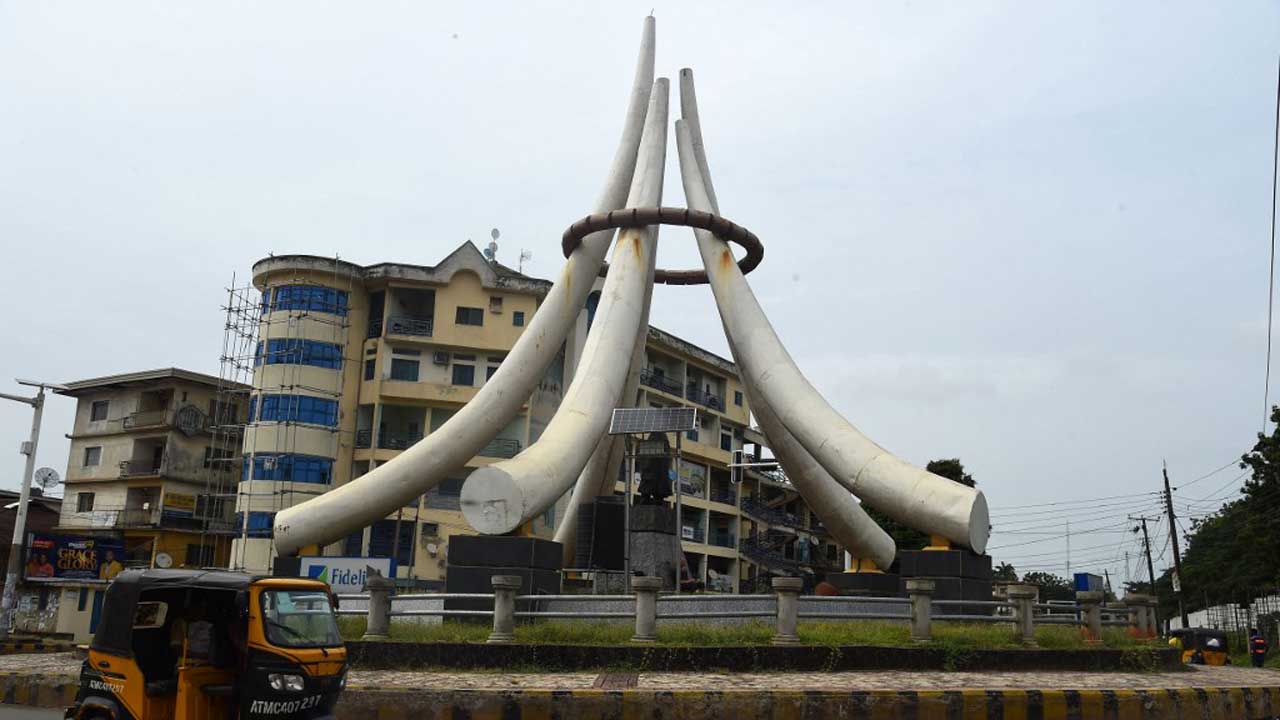
The call was made, yesterday, at a one-day workshop on ‘Eliminating Gender-Based Violence,’ organised by the Nigerian Union of Journalists (NUJ) in collaboration with Women AID Collective (WACOL) and Anambra State Ministry of Women and Social Welfare.
Various speakers at the workshop urged the media to take a committed civic stance, through the promotion of ethical journalism, in reporting the menace of gender-based violence against women.
Speaking on the topic, ‘The Role Of The Media In Eliminating Gender-Based Violence Against Women,’ former Commissioner for Information and Culture in the state, Chief Tony Onyima, said the media has an opportunity to promote advocacy towards ending violence against women and urged journalists to report accurately on matters concerning the menace.
According to him, statistics on gender-based violence against women and girls are grim, adding that the Nigerian Human Rights Commission (NHRC) reported that, in 2021, it received over 100,000 complaints of gender-based violence and sexual abuse.
He said that the number has continued to rise, significantly, especially with the development of insurgency in the North-East of Nigeria.
He listed ways the media can help eliminate violence against women including treating gender-based violence as a human rights violation, always explaining the context, reporting from the point of the victim rather than the aggressor, as well as balancing reports, among others.
Onyima urged women to show stronger concern by speaking out and supporting one another in view of growing cases of gender-based violence, especially against women and girls in Nigeria.
“The media has the potential to promote the advancement and equality of women and men by portraying women and men in a non-stereotypical, diverse and balanced manner,” he noted.
In her presentation, the Area Manager and Deputy Director of, the Industrial Training Fund (ITF), Mrs Nancy Ekong, urged reporters to play leading role in guiding the victim of harmful practices against women, insisting that journalists should develop good listening skills in order to give a good report to the public.



